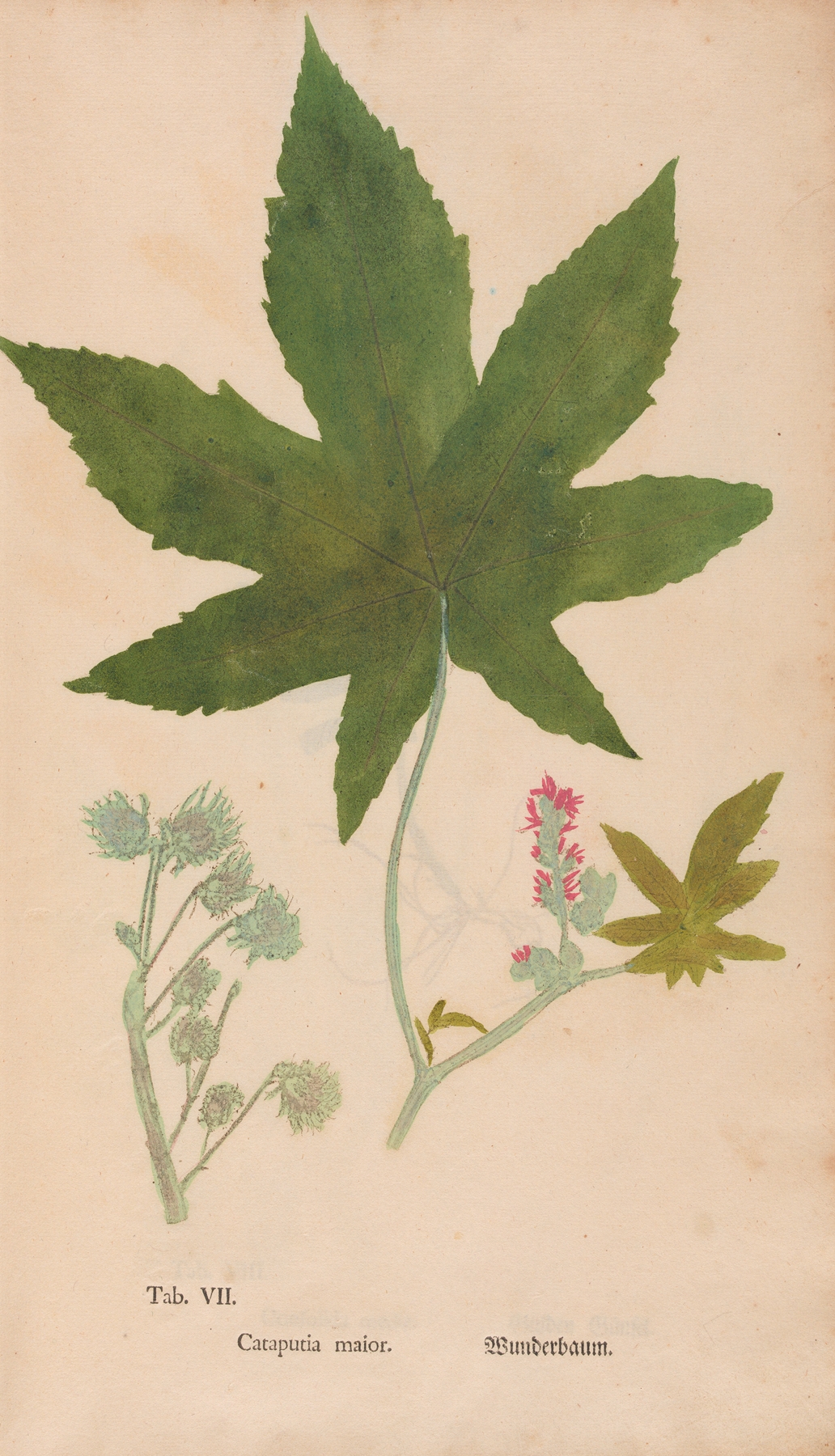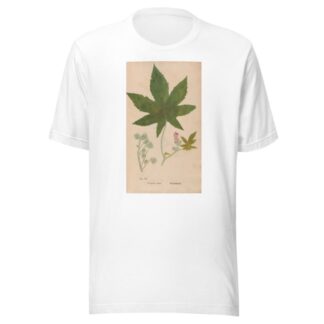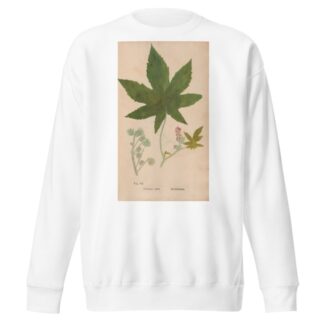Description
Ectypa vegetabilium Pl.007 by Christian Gottlieb Ludwig printed on a Hoodie
About the Hoodie
Modern fit
It provides a more tailored look than a regular fit
Comfortable
The fabric and fit of this item are extra comfy
Tear-away tag
Easily removable tear-away tag that allows you to add a custom inside label
Premium quality
The product is made from premium, high-quality materials
Classic unisex hoodie with a front pouch pocket and matching flat drawstrings. The 100% cotton exterior makes this hoodie soft to the touch.
- 65% ring-spun cotton, 35% polyester
- Charcoal Heather is 60% ring-spun cotton, 40% polyester
- Carbon Grey is 55% ring-spun cotton, 45% polyester
- 100% cotton face
- Fabric weight: 8.5 oz./yd.² (288.2 g/m²)
- Front pouch pocket
- Self-fabric patch on the back
- Matching flat drawstrings
- 3-panel hood
- Tear-away tag
Christian Gottlieb Ludwig (1709 – 1773)
Christian Gottlieb Ludwig was a German physician and botanist born in Brieg, Silesia (now Brzeg, Poland). He was the father of physician/naturalist Christian Friedrich Ludwig (1757–1823) and of Christian L. Ludwig (1749–1784), a physician/scientist known for his translation of Joseph Priestley’s scientific experiments.
From 1728 he studied medicine and botany at the University of Leipzig, but due to lack of funds was forced to discontinue his studies, therefore taking a job as a botanist on an African expedition under the leadership of Johann Ernst Hebenstreit (1703–1757). In 1733 he resumed his studies, and from 1736 gave lectures at Leipzig. In 1737 he earned his doctorate under Augustin Friedrich Walther (1688–1746), later becoming an associate professor of medicine (1740). At Leipzig he successively became a full professor of medicine (1747), pathology (1755), and therapy (1758). Among his better known students at Leipzig was physician and mineralogist Johann Carl Gehler (1732–1796).
Ludwig is remembered for his correspondence with Carl Linnaeus, in particular, discussions involving the latter’s classification system. It was Linnaeus who named the plant genus Ludwigia in honor of Ludwig.






Reviews
There are no reviews yet.